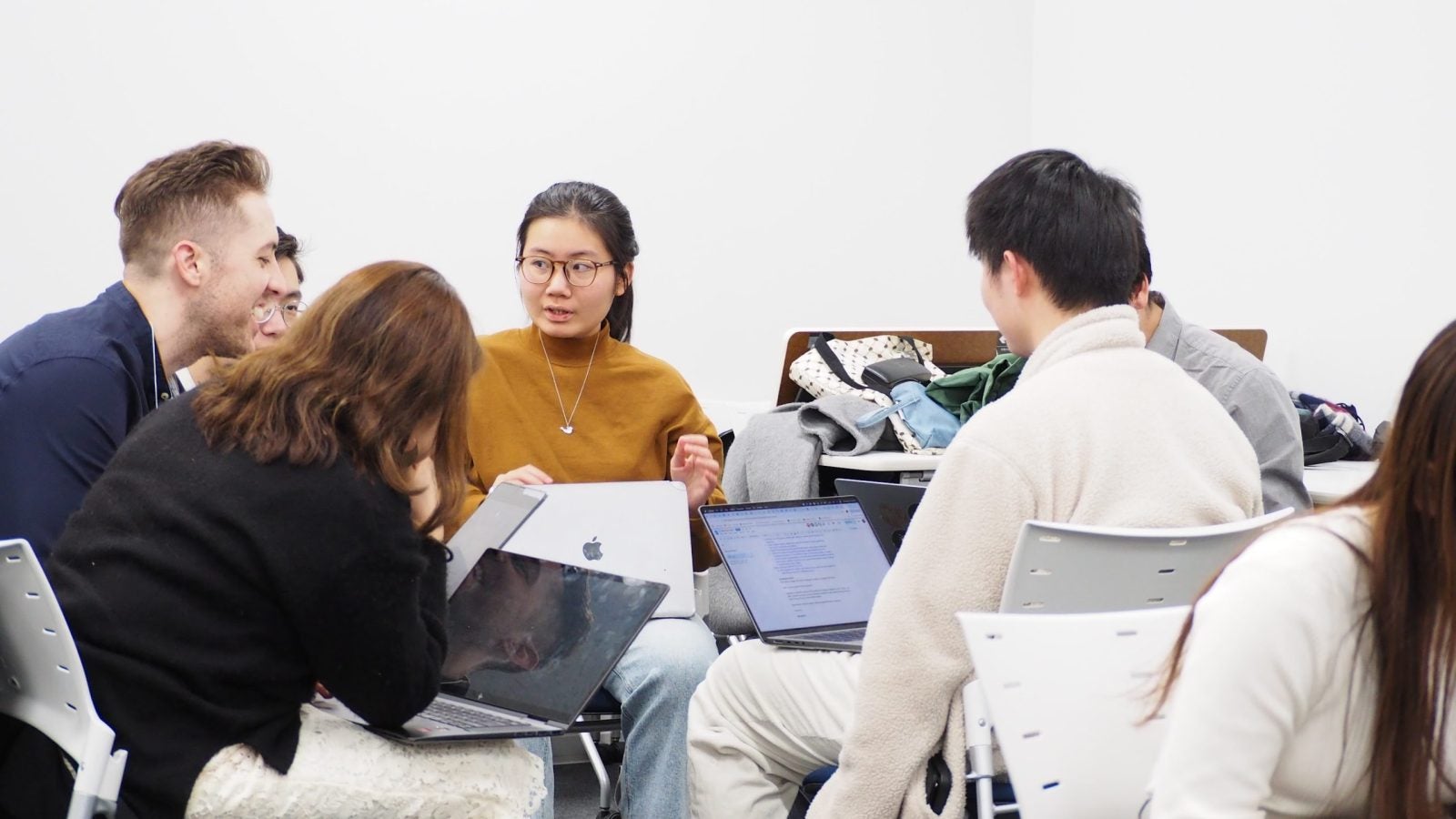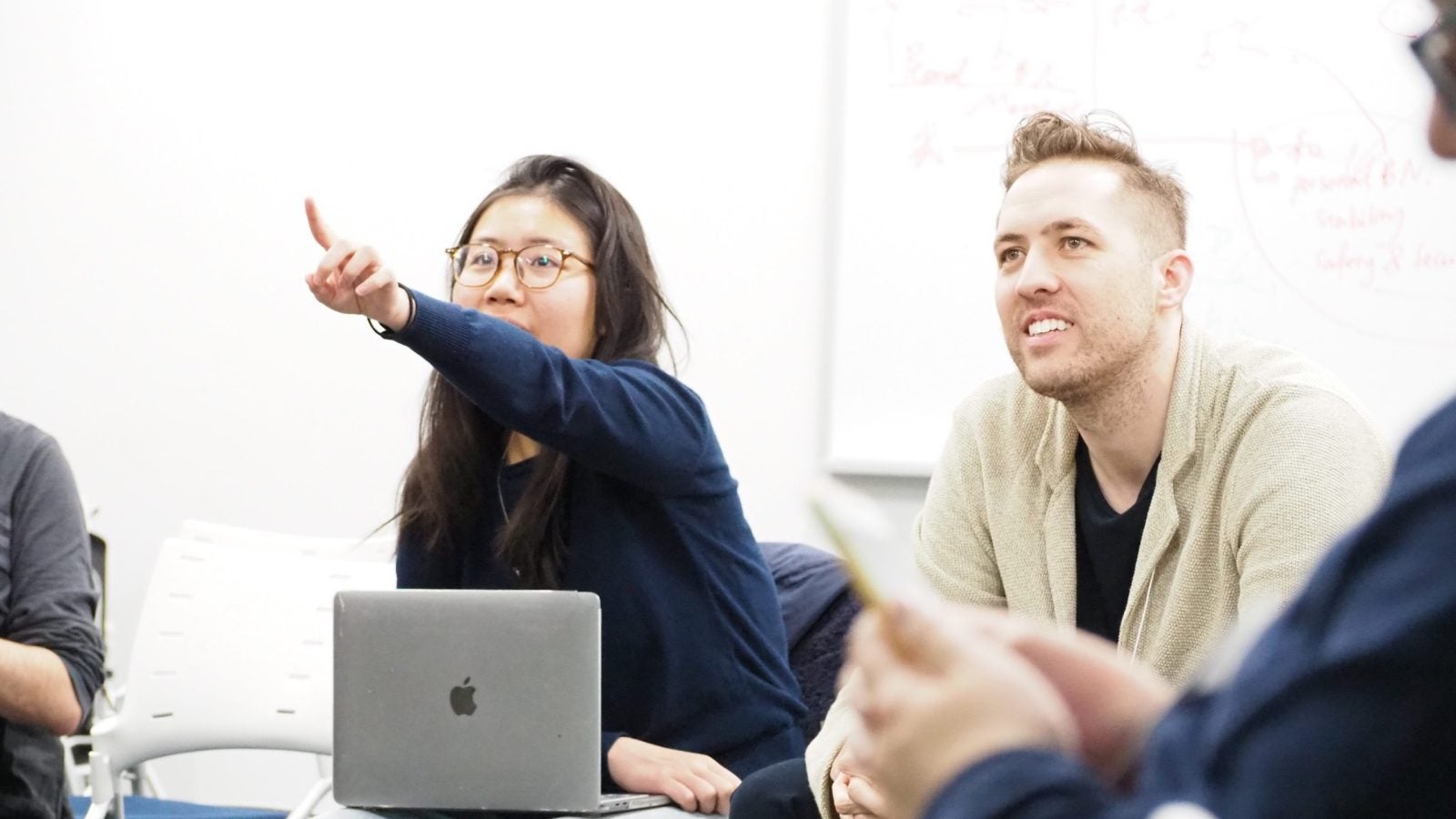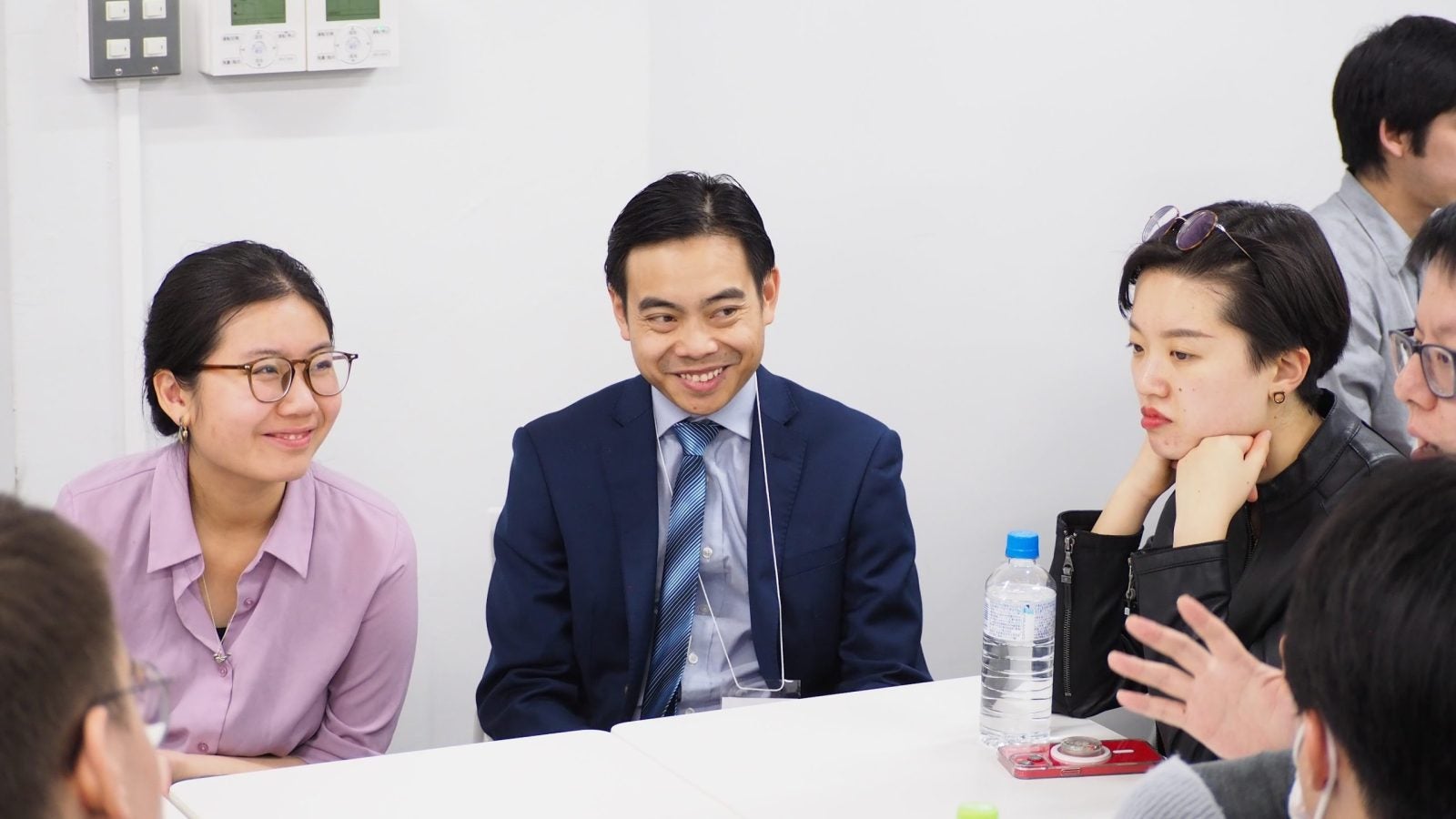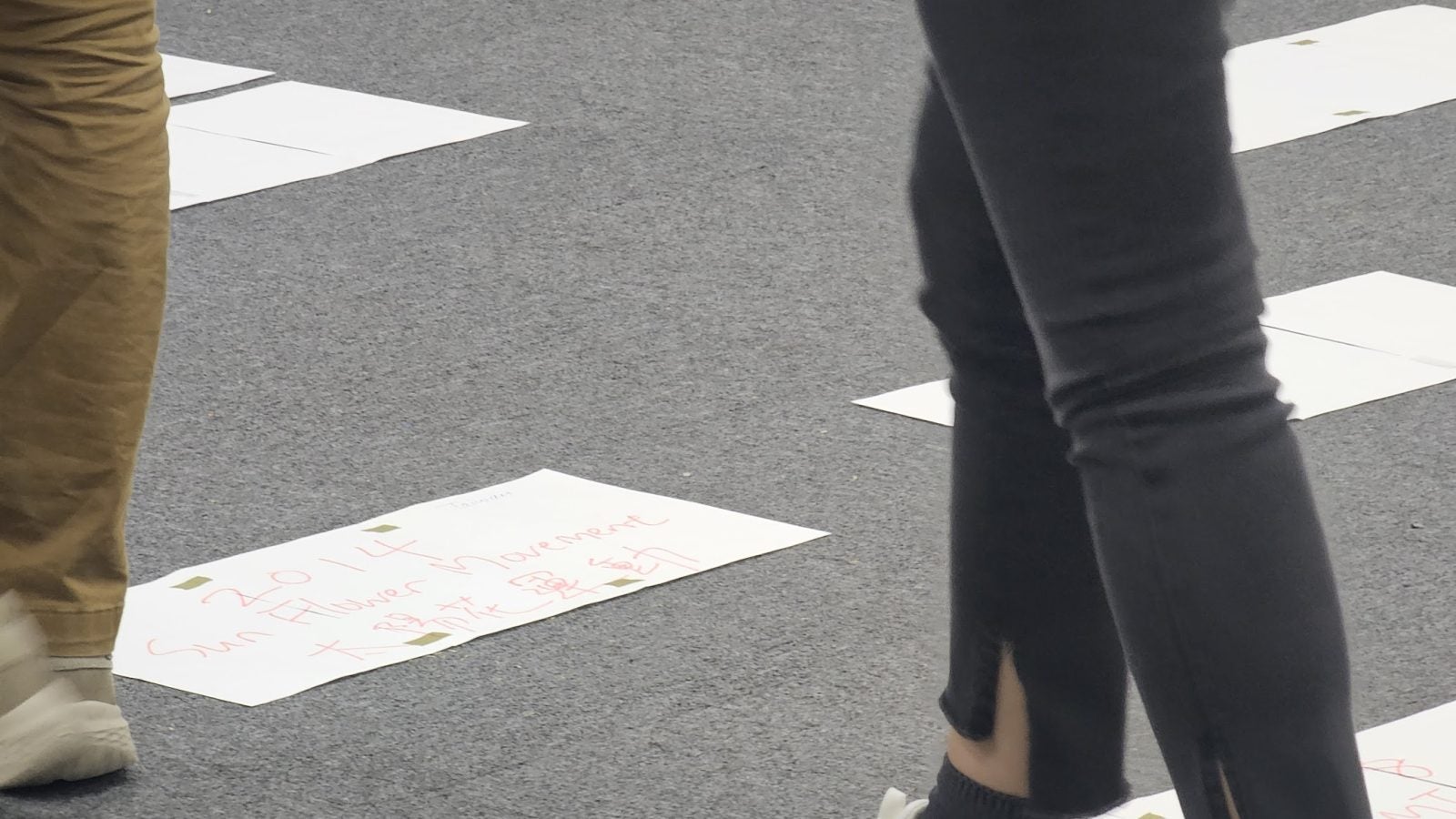Strait Talk (海峽尋新), a multinational peacemaking initiative, convenes young professionals and civil society leaders from the United States, Mainland China, and Taiwan to engage in dialogue on cross-Strait relations. This year, for the first time, the program was hosted in Tokyo and included delegates from Japan, introducing new regional perspectives on developments in the Taiwan Strait. I applied to and attended Strait Talk to deepen my understanding of how young Taiwanese and Mainland Chinese perceive the conflict and its potential resolutions. I had previously worked on U.S. foreign policy in the Indo-Pacific from a Washington DC-focused lens, and my understanding of the Taiwan Strait issue was shaped by strategic and defense-planning considerations. I wanted to widen this lens.
At Strait Talk Tokyo, sixteen emerging leaders from four countries—representing diverse backgrounds in activism, politics, law, security, economics, and psychology—came together under the guidance of experienced facilitators. Over five days, we engaged in an Interactive Conflict Resolution (ICR) process, drafting a consensus document that captured our perspectives and proposals for addressing cross-Strait tensions. This experience allowed me to form meaningful relationships with delegates from across the social and political spectrum. Through this collaborative process, we developed creative approaches to conflict prevention. The dialogue culminated in a public event at the University of Tokyo, where we presented our consensus document to journalists, scholars, and students.




